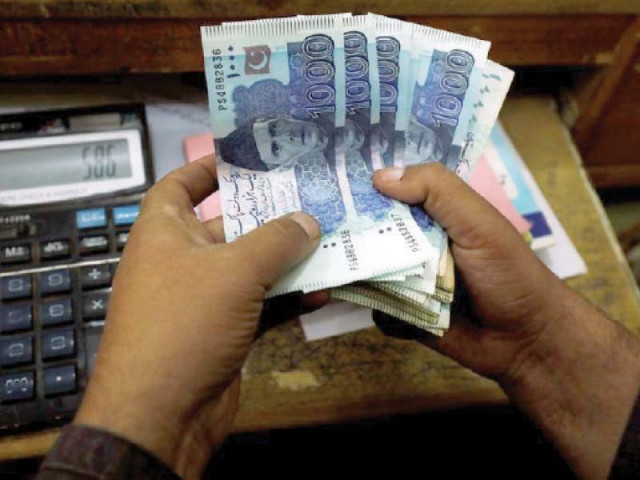Govt allocates Rs171b as tariff subsidy
Minister says IMF conditionalities will not affect TDS as it was a targeted subsidy

Federal Minister for Power, Khurram Dastgir Khan, announced on Friday that the government will allocate Rs171 billion as Tariff Differential Subsidy (TDS) in the new financial year to provide relief to the citizens of Karachi. The TDS is a targeted subsidy aimed at protecting the masses against the rising cost of electricity generation. Khan emphasised that consumers of K-Electric (KE) would benefit significantly from the subsidy, while an additional Rs151 billion would be allocated for other parts of the country, including Balochistan, Azad Jammu and Kashmir, and the merged ex-FATA districts.
Addressing a press conference, Khan assured that the TDS would not be affected by the conditionalities imposed by the International Monetary Fund (IMF), as it is a targeted subsidy. He further outlined the strategy for dealing with any potential emergency situation due to the cyclonic storm Biparjoy. Khan stated that a comprehensive national strategy had been formulated, and over 2000 personnel from different power distribution companies were deployed in vulnerable areas of Southeastern Sindh, along with vehicles and necessary equipment.
Khan expressed gratitude for the cooperation extended by the Sindh government and highlighted the close coordination among all stakeholders. Technical teams deployed at generation plants and grid stations were on high alert to ensure the continuous supply of electricity. Despite the cyclone, power supply in Karachi remained unaffected, except for a four-hour disruption caused by issues in the supply of liquefied natural gas (LNG) to power generation units. However, the issue was promptly addressed by providing 100 million cubic feet per day (mmcfd) gas from the national network.
Regarding KE, Khan mentioned that safety measures had been taken to protect citizens, including raising transformers above the ground, strengthening electricity poles, and removing tangled wires to prevent accidents. He responded to a question about power supply in Karachi, stating that 70% of the areas were receiving uninterrupted electricity, while load management was being carried out in the remaining 30% due to issues of low recovery and high line losses. The ministry was devising a policy of micro load management at the transformer level to alleviate the burden on bill-paying consumers.
In response to queries about the control of power distribution companies, Khan clarified that it was not privatisation but rather the “provincialisation” of power distribution networks. The matter would be presented in the Council of Common Interests (CCI), and after a principal decision by the council, the assessment of assets of the distribution companies (Discos) would be carried out.
Published in The Express Tribune, June 17th, 2023.
Like Business on Facebook, follow @TribuneBiz on Twitter to stay informed and join in the conversation.



















COMMENTS
Comments are moderated and generally will be posted if they are on-topic and not abusive.
For more information, please see our Comments FAQ